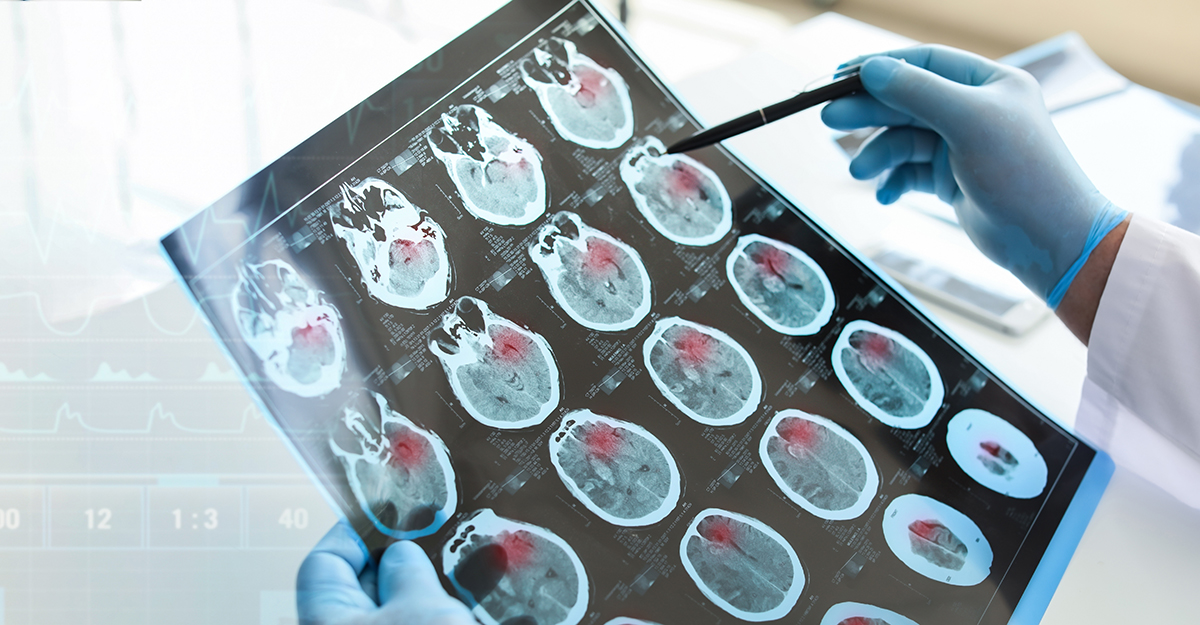Concussion Management
If you or a loved one suspects a concussion, it’s critical to seek medical care. Our providers, including concussion specialists when needed, can help evaluate symptoms and guide you through recovery.

If you or a loved one suspects a concussion, it’s critical to seek medical care. Our providers, including concussion specialists when needed, can help evaluate symptoms and guide you through recovery.
At Southern NH Health, your health and safety come first, and we’re dedicated to providing expert care and guidance for patients recovering from concussions. Our team is here to guide you through every step of concussion management, from initial evaluation to recovery. Whether you're returning to sports, school, or everyday activities, our goal is to help you heal safely and fully.
Concussions can be tricky to diagnose because symptoms might take minutes, hours, or even days to appear. Not everyone loses consciousness, so it’s vital to watch for warning signs.
Long-term symptoms may include fatigue, difficulty sleeping, or persistent challenges with memory and focus. In children, additional issues like depression or frustration can also arise.
For athletes and active individuals aged 10 and older, we offer ImPACT™ (Immediate Post-Concussion Assessment and Cognitive Testing), a simple computerized test that serves as a baseline tool for concussion management. This proactive testing helps establish cognitive benchmarks, making it easier to evaluate and manage potential concussions in the future.